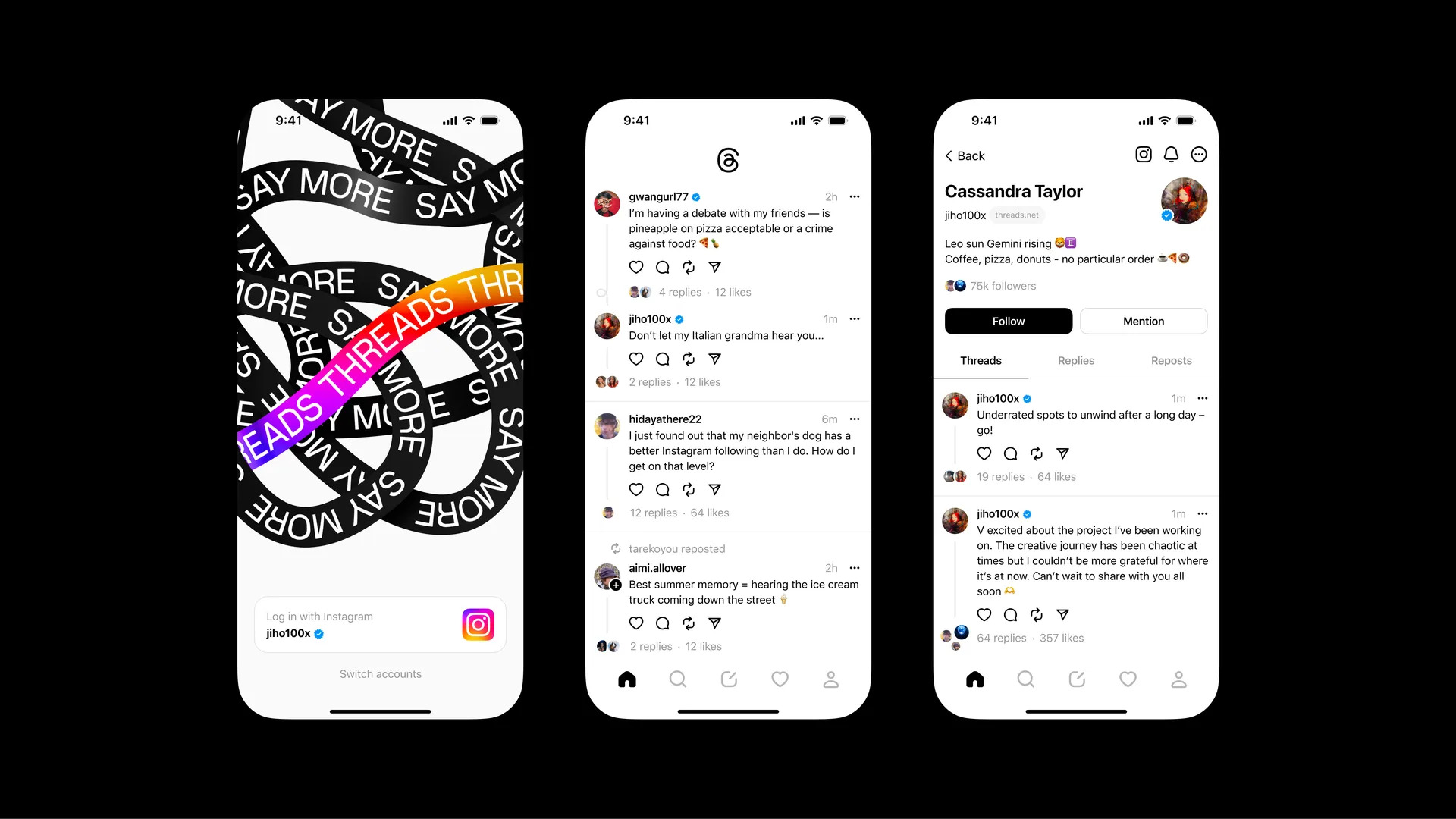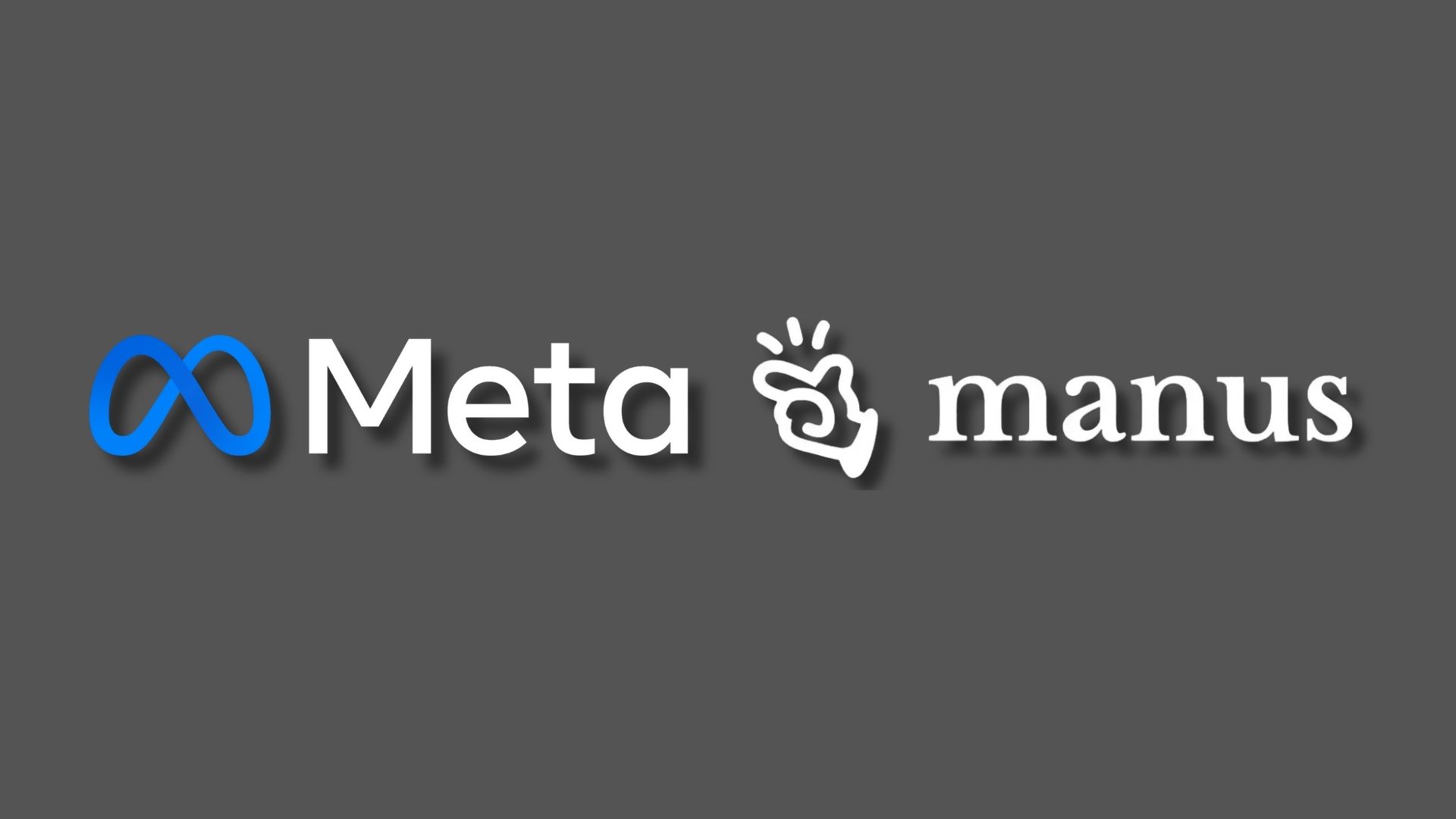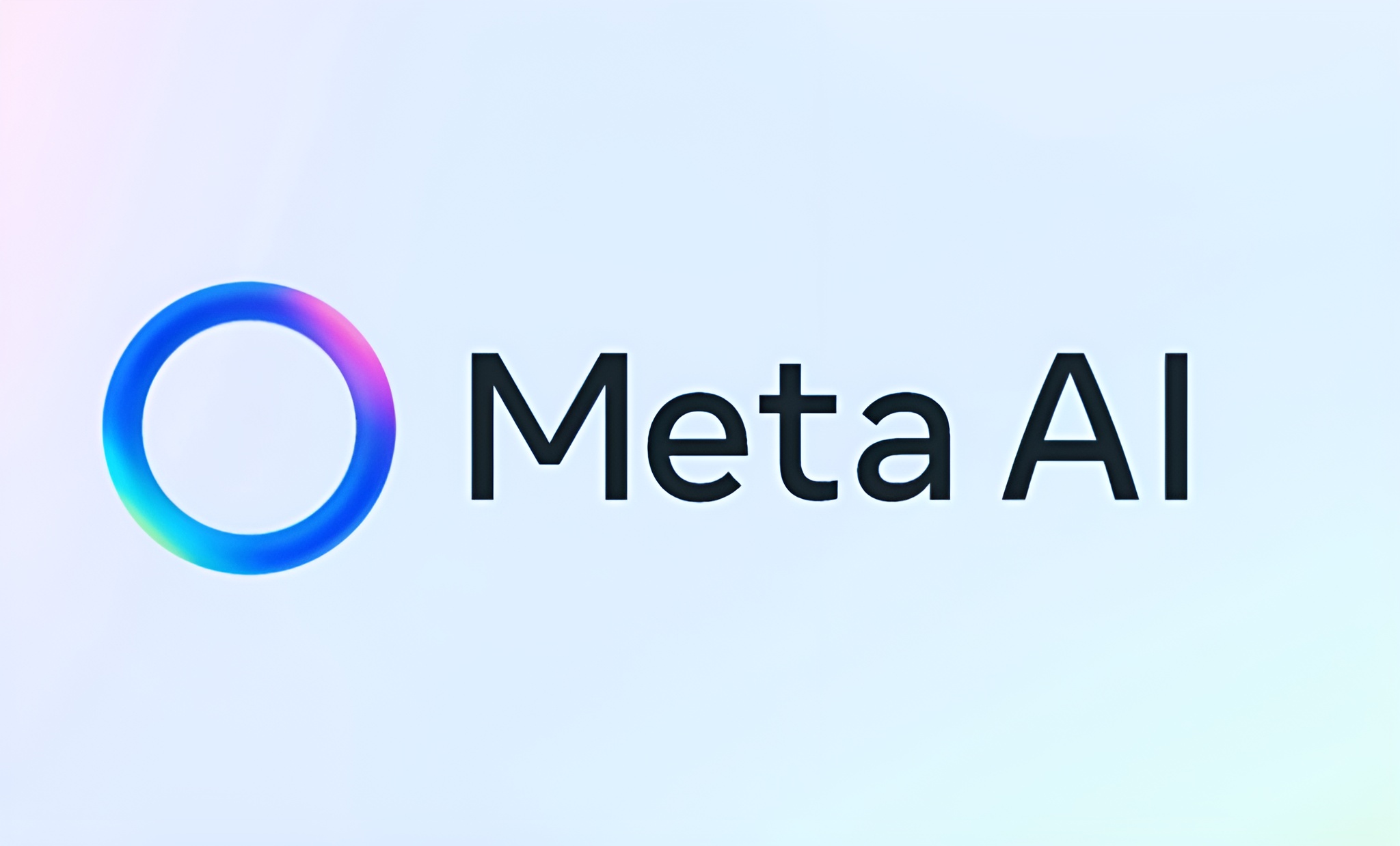Threads is experimenting with gaming inside private chats, beginning with a simple basketball game that allows users to swipe to shoot hoops.
Meta confirmed that the game remains an internal prototype and is not available to the public, meaning there is no certainty it will launch. The feature was first uncovered by reverse engineer Alessandro Paluzzi, who frequently spots unreleased tools during development.
In-chat gaming could give Threads an advantage over rivals such as X and Bluesky, which do not currently offer built-in games. It may also position Threads as a competitor to Apple’s Messages, where users can already access chat-based games through third-party apps instead of relying on the platform alone.
Meta has already explored similar ideas inside Instagram DMs, including a hidden game that lets users keep an emoji bouncing on screen.
Threads continues to expand its feature set with Communities and disappearing posts, although the platform still trails X in US adoption despite reporting 400 million monthly users worldwide.
Would you like to learn more aboutAI, tech and digital diplomacy? If so, ask our Diplo chatbot!









